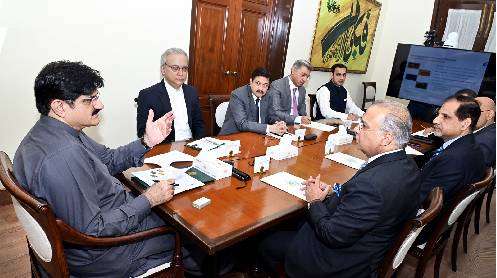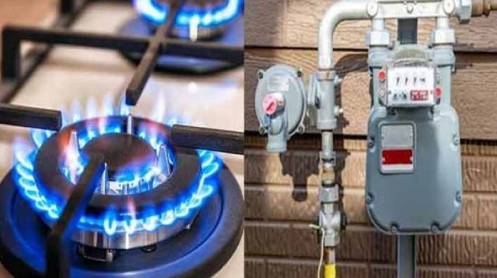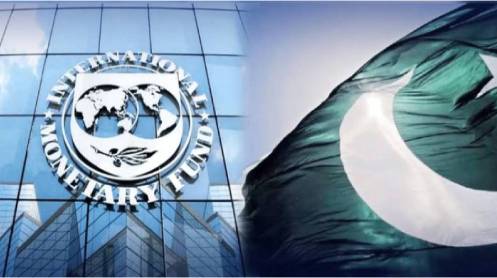ISLAMABAD, 23 July 2025 — Energy experts, academics, and industry leaders have called for the urgent formulation of a comprehensive policy framework to establish a robust solar manufacturing ecosystem in Pakistan, citing soaring energy demands and heavy dependence on imports.
The call was made during a high-level consultative session organized by the US-Pakistan Centre for Advanced Studies in Energy (USPCAS-E) at NUST. The event featured the launch of a new study titled “Crafting a Sustainable Business Model to Drive Indigenous Solar PV Panels Manufacturing in Pakistan,” presented by Dr. Nadia Shahzad, Associate Professor at NUST.
The study outlines a practical roadmap for developing a 100MW solar PV panel manufacturing facility, with scalability potential up to 1.0GW. Based on stakeholder engagement and field research, it provides actionable insights to kick-start local production.
In his opening remarks, Dr. Adeel Waqas, Dean at USPCAS-E, stressed the strategic importance of self-reliance in solar technology to meet Pakistan’s future energy needs.
Industry leaders praised the study and urged policy alignment with market dynamics. LONGi Solar’s Maud Osman Mohammad commended the model’s clarity, while Muhammad Basit Ghauri of Renewables First highlighted that battery imports exceeding Rs90 billion in just three months show immense market opportunity. He emphasized integrating storage solutions behind the meter through data-driven strategies.
Dr. Noor ul Huda Khan of BUITEMS advocated embracing next-gen technologies like Perovskite modules, and Dr. Omais Abdur Rehman recommended a central role for the Engineering Development Board (EDB).
Sohaib Asif Sipra, CEO of SkyElectric, warned that up to 50% of Pakistan’s solar installations are informal, raising concerns over safety and quality. He urged the formation of a national think tank for standardisation in battery and inverter technologies.
Representing the local battery industry, Mansoor Jamil Khan of Atlas Battery highlighted their joint venture with Japan’s GS Yuasa and stressed the need for lithium-ion safety protocols.
At the policy level, M. Umer Khan of the Private Power and Infrastructure Board (PPIB) suggested targeted subsidies and strategic import duties to support local manufacturing.
Hasnat Khan of the Pakistan Solar Association outlined ongoing training and certification initiatives with TEVTA, NUTECH, and PPIB to enhance quality assurance across the solar sector.
Concluding the session, Dr. Majid Ali of NUST reaffirmed the university’s commitment to driving innovation and local manufacturing, calling for sustained collaboration between government, academia, and industry.
The session underscored the critical need for cohesive action, informed policymaking, and strategic investment to position Pakistan as a future hub of solar manufacturing and innovation.







